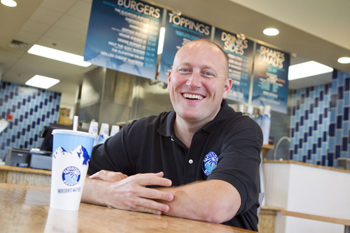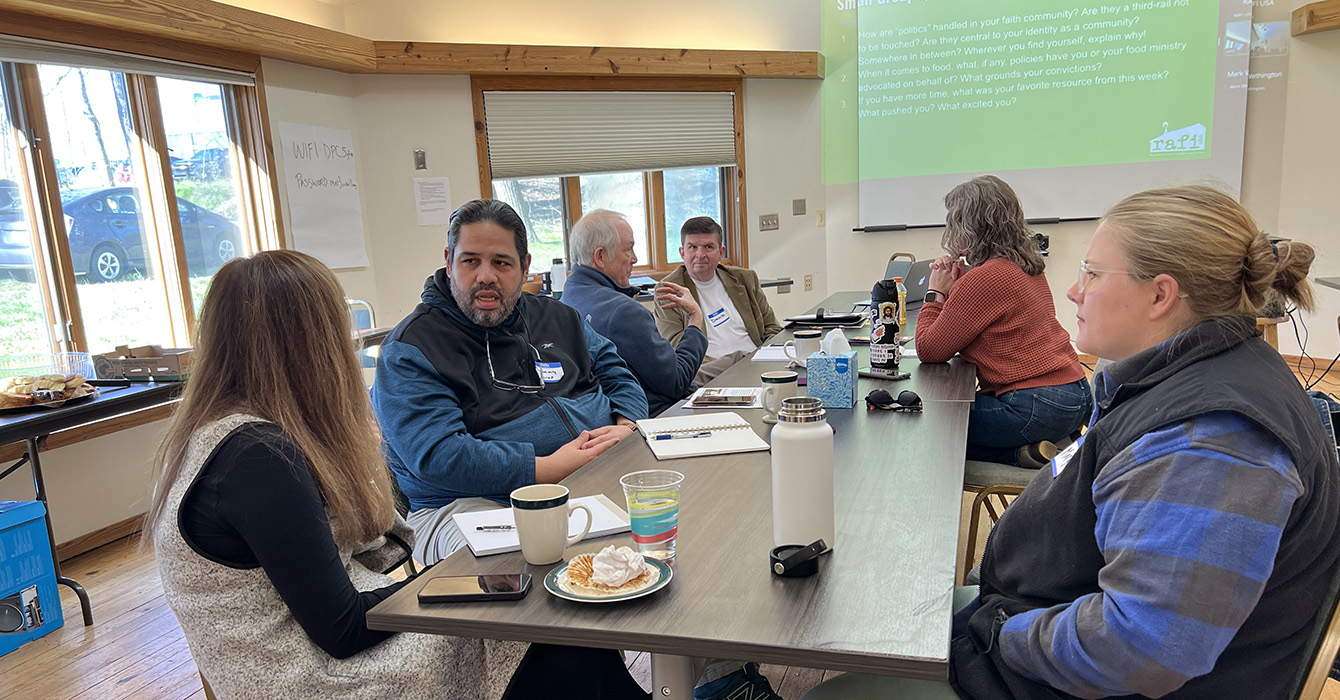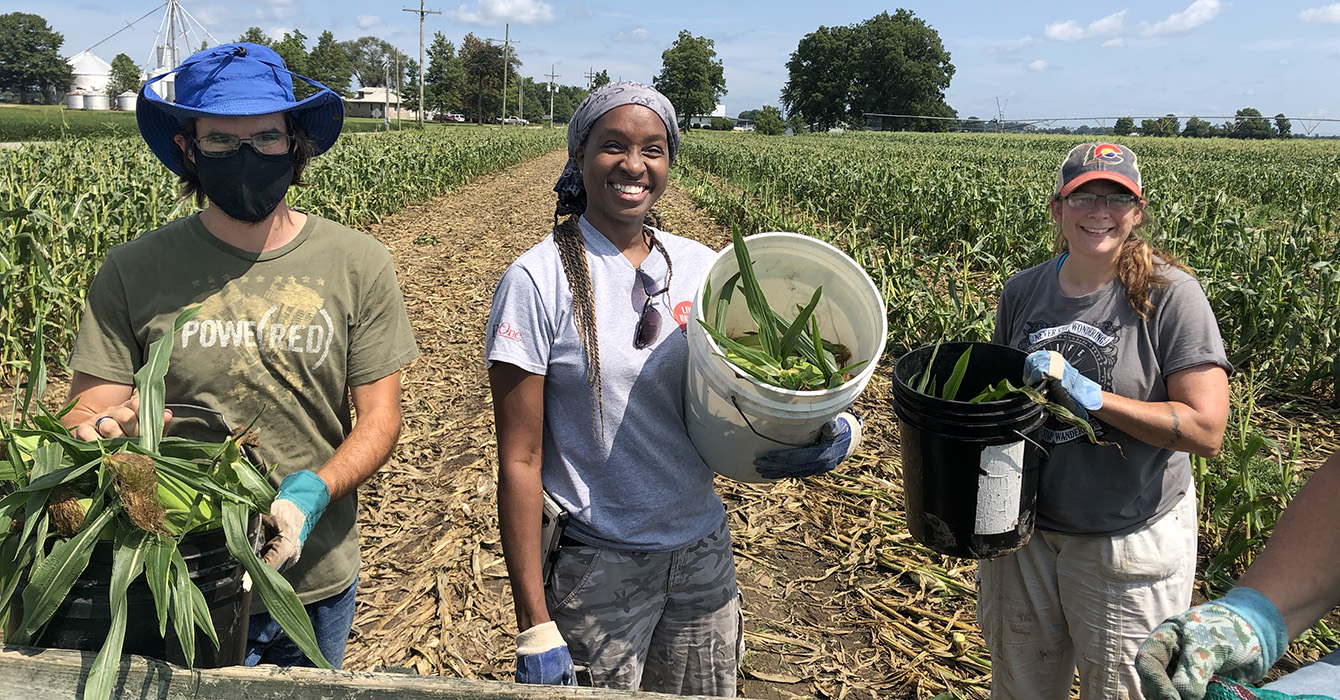When Hans and April Hess founded Elevation Burger in 2005, they approached the fast-food model in a new way. They incorporated the best parts of that institution -- affordability, widespread accessibility and speedy service -- but altered the end product so that it also focused on healthy food, animal welfare and environmental sustainability.
Here are some of the principles that helped them successfully redeem a flawed institution:
Focus. The Hesses don’t worry so much about what other fast-food restaurants are doing. They’re not trying to be “all things to all people” with a million options on the menu and toys in the kids’ meals. Instead, they focus on their core mission: providing environmentally sustainable food in a family- and eco-friendly environment.
The menu is kept relatively small. Every now and then, a franchisee suggests adding something to it. Hans Hess usually vetoes that.
“When anybody says ‘chicken’ or ‘sweet potato fries,’ all I hear is ‘dilution’: diluting the product, diluting the brand, diluting what we stand for,” he said. “Making multiple things on the menu is a sure-fire way to go down financially. You start to redirect resources.”
Compromise. Not everything inside an Elevation Burger is organic. For instance, the restaurants have soda fountains, and some of the drinks contain high-fructose corn syrup. The Hesses wrestled with whether to offer that option, and in the end the decision was largely financial. The proceeds from soda sales help keep the prices of the organic items down.
“If you want to have a business that can sustain itself, then you have to make some of these compromises and choices. You can’t let perfect be the enemy of the good,” Hans Hess said. “So we still have soda fountains because that’s how we, in some ways, make it financially. But at the same time, I would rather have somebody coming in and having an organic burger with that Coke rather than [going to] the other guys, where they’re going to have the Coke and the factory burger.”
Education and transparency. Elevation Burger spends a lot of time explaining its mission to its customers, employees and franchisees. Graphic-heavy literature in the restaurants teaches guests what organic, grass-fed beef means to their health and the environment, and an open kitchen allows them to watch their food being prepared. Intense training in all aspects of the company’s operations gives employees buy-in and also helps franchise operators understand why it’s important to protect the quality of the brand.
Complementary leadership styles. April Hess has an accounting degree from Wake Forest University and was a banker before becoming Elevation Burger’s chief financial officer. She describes herself as the “devil’s-in-the-details” half of the entrepreneurial partnership, while husband Hans is the “big-picture forest guy.”
“He challenges me with his ‘forest’ thinking to dream bigger, but I hold him to the ground -- ‘That’s great and everything, but we still have to have the money for this.’ We end up at a middle point,” she said.
The bottom line. For the Hesses, the bottom line wasn’t just about profit but about making people healthier and enriching the planet, too. Benefiting one doesn’t have to mean neglecting the others, said Hans Hess.
“The profit issue has been the thing that’s driven business for so many years. And that’s fine -- it’s not that you shouldn’t make a profit. But I think the Milton Friedman idea that shareholder value is the highest and best cause for a company is becoming a little bit more ridiculous,” he said. “In some ways, we wanted to be a business that embraced the more long-term focus.”



















